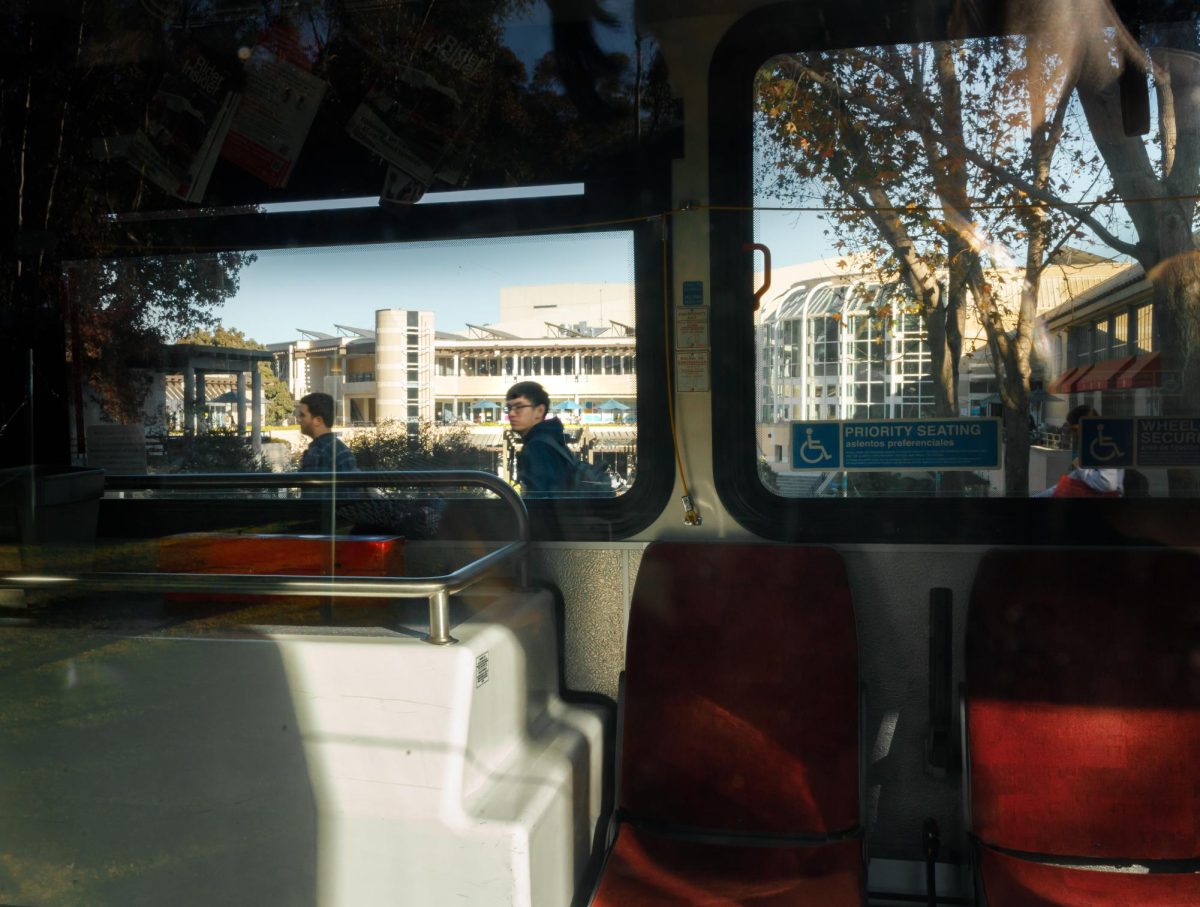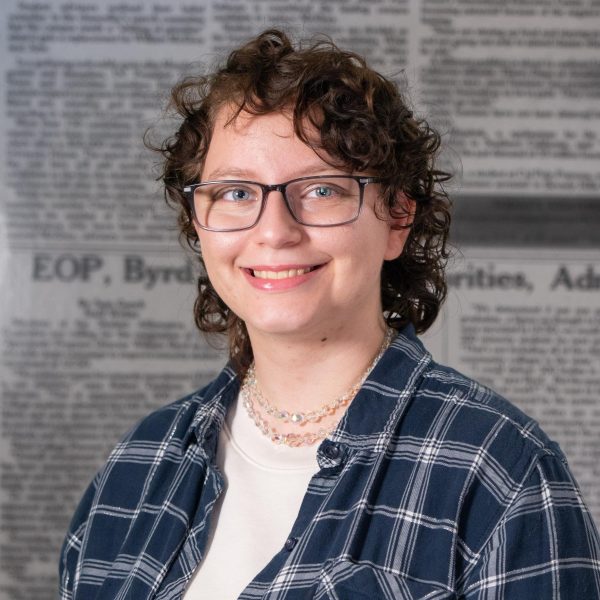The Triton U-Pass program is set to expire this spring without reauthorization of the Student Transportation Fee by the student body. From Jan. 27 to Jan. 31, the Associated Students of UC San Diego will hold a special election to reauthorize this fee, during which students can vote on a referendum to keep U-Pass and its affiliated transit programs.
A “yes” vote will renew and expand the services funded by the fee and increase the existing $69.57 fee to $75 per quarter, a difference of $5.43. If the referendum fails, students will lose access to U-Pass benefits after Spring Quarter 2025.
To pass, the referendum must receive a 50% majority approval from voters, and a minimum 20% voter turnout — around 9,000 students — is required to deem the election results valid. All undergraduate and graduate students enrolled in Winter Quarter 2025 are eligible to vote.
Voting opens at 10 a.m. on Jan. 27 and will close at 4 p.m. on Jan. 31. The ballot will be accessible online at as.ucsd.edu/upass2025. During the voting period, A.S. plans to post QR code flyers around campus and table in high-traffic campus areas such as bus stops and Library Walk to maximize opportunities for students to cast their virtual ballot.
The Student Transportation Fee funds UCSD’s partnership with local public transit. Its largest offering is the Triton U-Pass program, which provides all fee-paying undergraduate and graduate students with unlimited access to all San Diego fixed-route bus, trolley, and light rail routes operated by the San Diego Metropolitan Transit System and the North County Transit District.
98% of current students use the U-Pass program, taking over 4.3 million bus rides and over 1.8 million trolley rides annually. Since the program’s establishment in 2014, it has provided over 29.5 million free rides. The fee increase will be used to expand the options and availability of services.
One expansion the referendum proposes extends free transit through Summer Quarter for all students, regardless of their summer enrollment status and including Spring Quarter graduates. Currently, the program is only active during the Fall, Winter, and Spring Quarters.
The referendum will also expand transit options to add the COASTER train, which provides rail service across San Diego County from Oceanside to downtown San Diego, and premium on-demand NCTD bus lines, such as NCTD Flex and NCTD+.
Several UCSD-affiliated transit services, including Triton Mobility and the Grocery Shuttle, will also use the increased fee to improve the access and reliability of their services. For example, one proposal extends late-night on-demand ride services until 2 a.m. on weekdays. Another speaks to accelerating the replacement of old buses with new, zero-emission electric buses.
A portion of the collected fee will be allocated to the Student Transportation Advisory Committee to put towards transportation equity and inclusion solutions, safety and security, parking program improvements, and any future initiatives to address student needs as they emerge.
“All of these allocations will be done by the Student Transportation Advisory Committee,” said Eduardo Tapia Jr-Ubierta, A.S. elections manager. “Once the fee goes into effect and passes, [STAC] would then be the one that decides which programs receive the funding,” said Tapia Jr-Ubierta.
The UCSD Guardian spoke to several students to understand their initial perspectives on the referendum.
Selena Townshend, a fourth-year student who works full time, is one of many who has relied on the free transportation provided by U-Pass.
“[Parking is] really expensive. Everything’s really expensive at UC San Diego, and anything to help students pay as less as they can to continue their education.”
For some students, the referendum’s promise to increase the safety and security of these services is their primary concern. Many expressed feeling unsafe and dissatisfied with the security and sanitation of transit services, citing instances of dirtiness, contamination, and finding illicit substances.
Leslie Perez Cruz, a third-year student, hopes that if the fee passes, it will be spent on increased safety and security of the MTS bus and trolley services.
“It would be nice to ride the trolley without someone yelling at you. … San Diego has a very big problem with the homeless population and with drug abuse, and so they tend to go onto the trolley … cause there are no warm areas,” Perez Cruz said. “I shouldn’t have to find a heroin needle on the floor of the trolley.”
When asked about how STAC is currently planning on increasing security measures, Tapia Jr-Ubierta focused mainly on the safety and security of bikes and scooters and increasing on-demand ride services.
“I think it’s mainly making sure that, as students use those [transportation] services, they feel safe,” said Tapia Jr-Urbieta
Increased security and cleanliness of MTS buses and trolleys was not one of the listed priorities. However, because specific allocations will be determined after the vote passes, student advocacy can influence the committee’s choices.
“Ultimately, the allocation of funds is based on what students want, through [advocacy to] the Student Transportation Advisory Committee,” Tapia Jr-Ubierta said.
A.S.’s first priority is reaching the minimum 20% voter participation required to legitimate the vote. In the past, they have experienced difficulty with voter turnout.
“I think it’s definitely a lack of communication when it comes to administration and students and the associations running the elections. … I hope that this year, with this special election, we can reach that 20%,” Tapia Jr-Ubierta said.
If the referendum does not pass in this special election, it cannot be reintroduced until the election in Spring Quarter 2025.
“Historically, our spring elections have never received 20% — at least, post-pandemic — have never reached that 20% turnout. I think our highest turnout has been about 12%, and it’s fluctuated over the years,” Tapia Jr-Ubierta recalled.
“We definitely encourage students to go out and vote,” Tapia Jr-Ubierta said.











